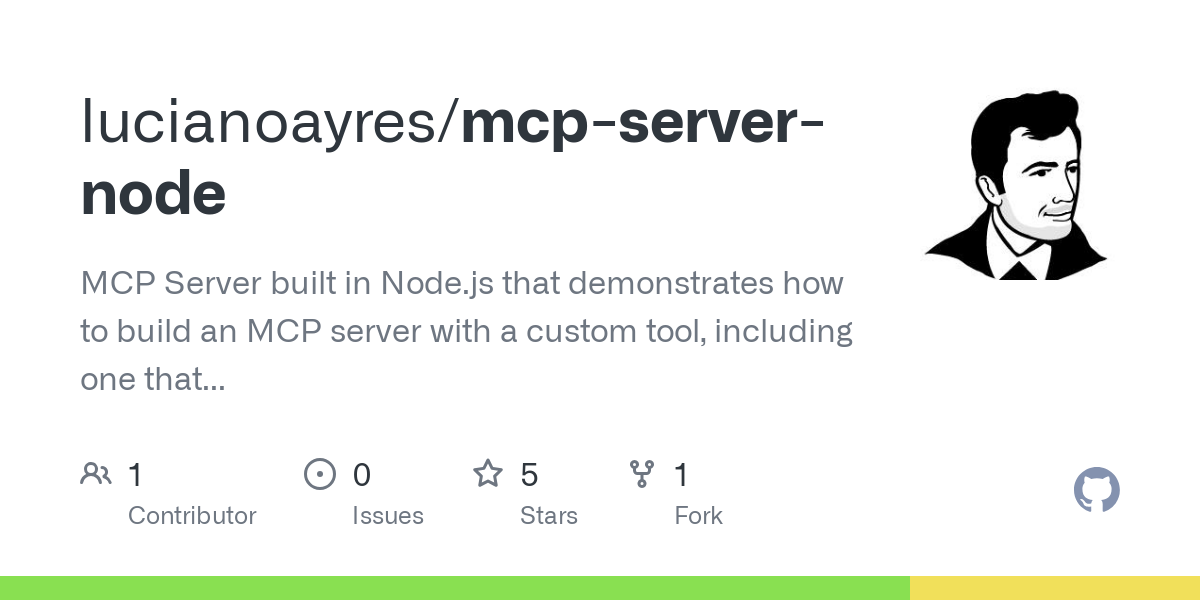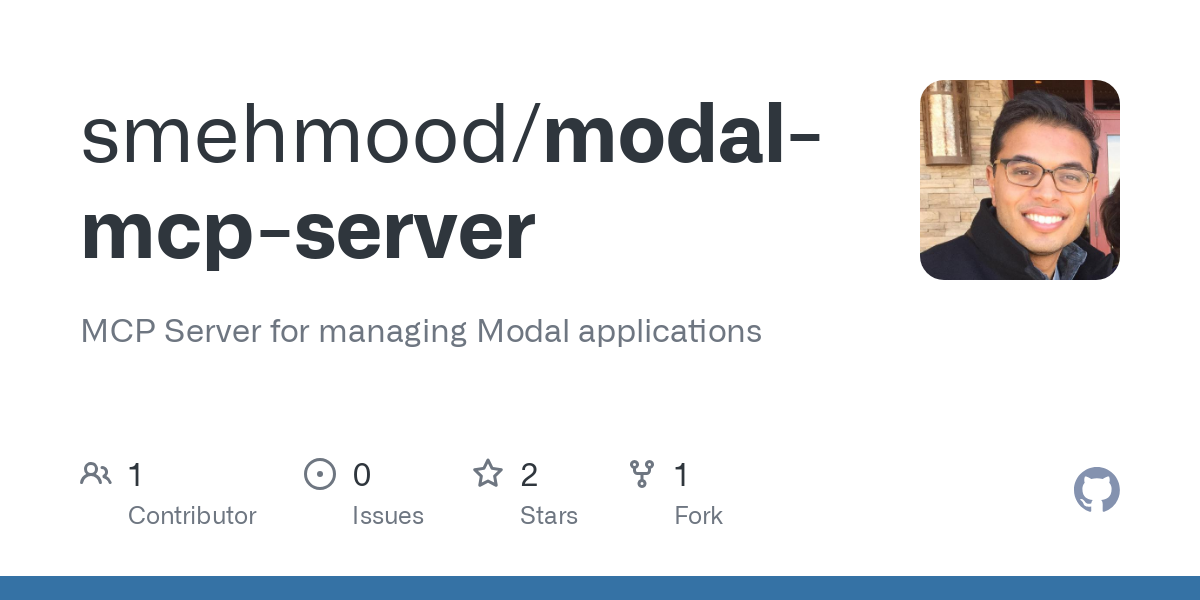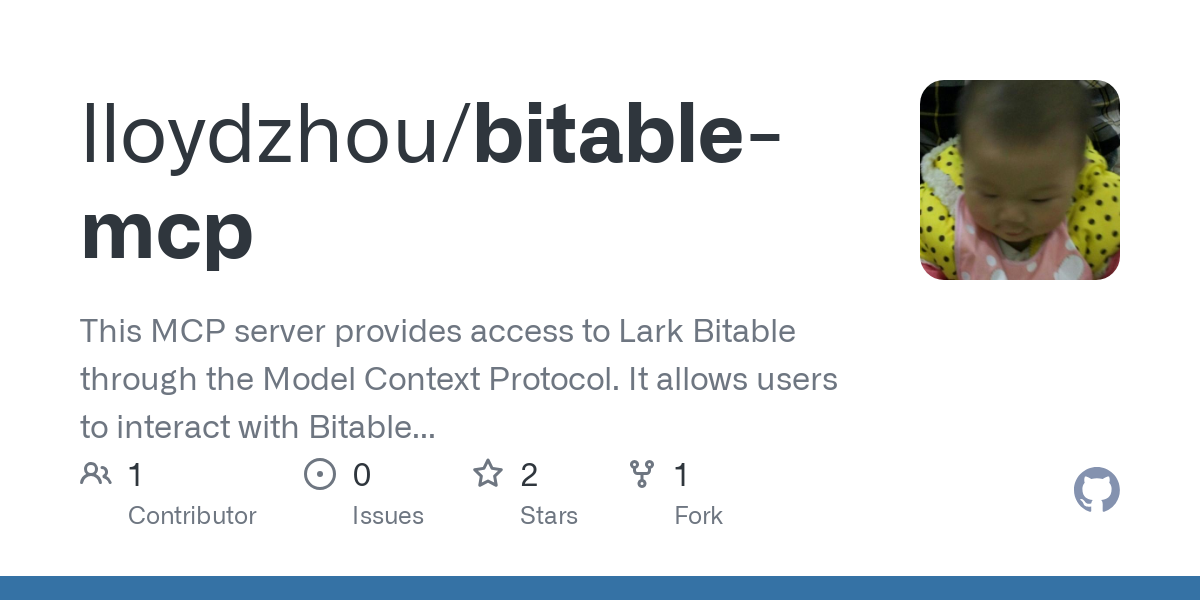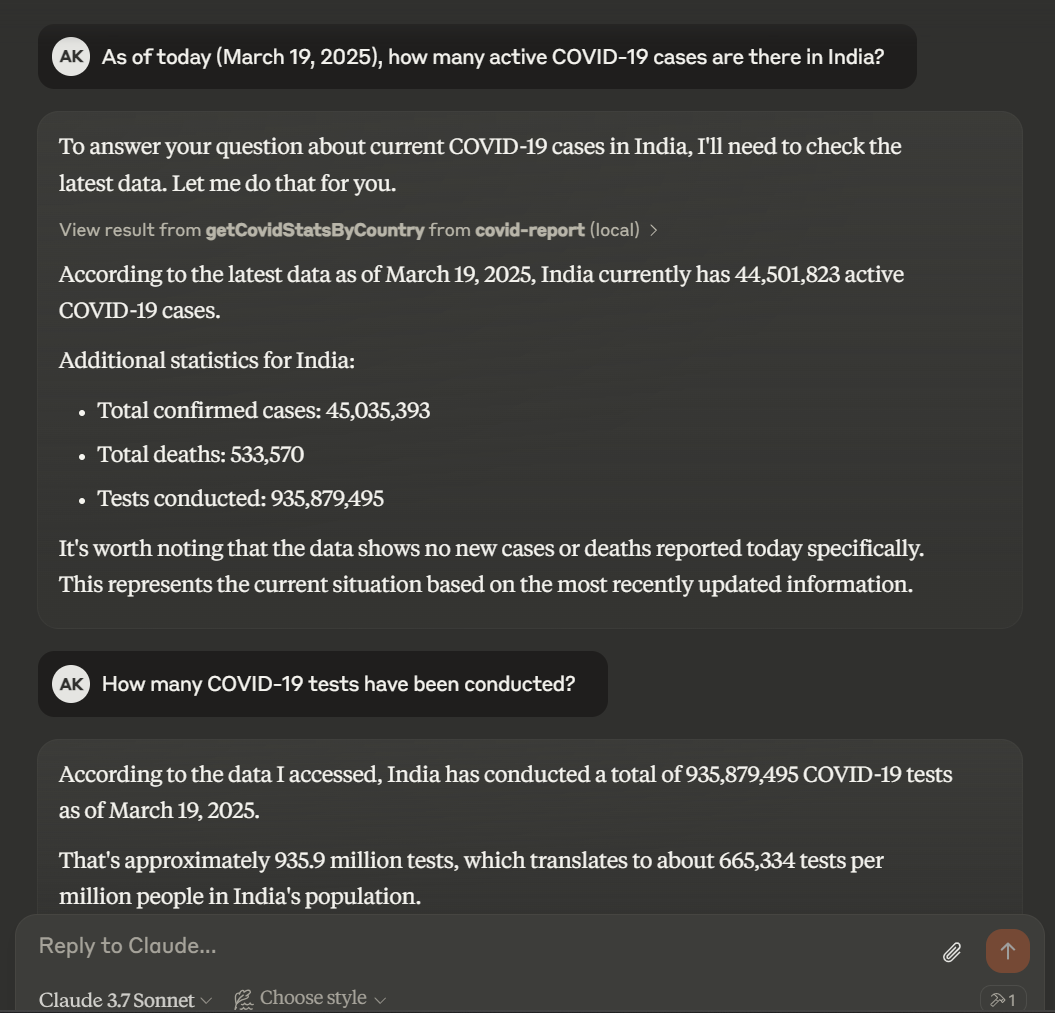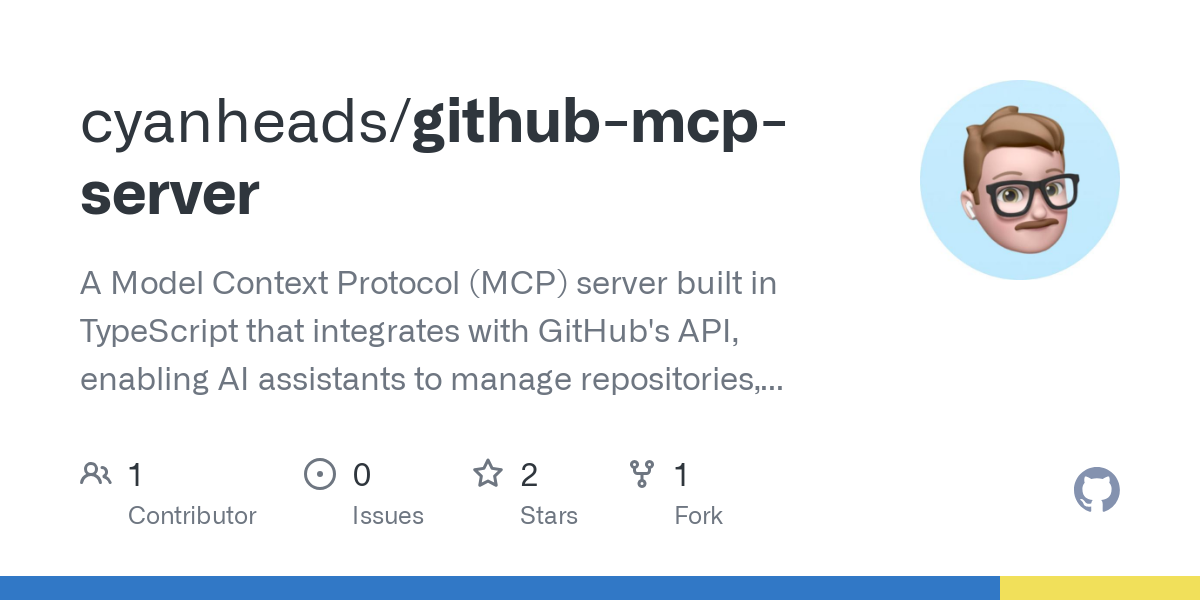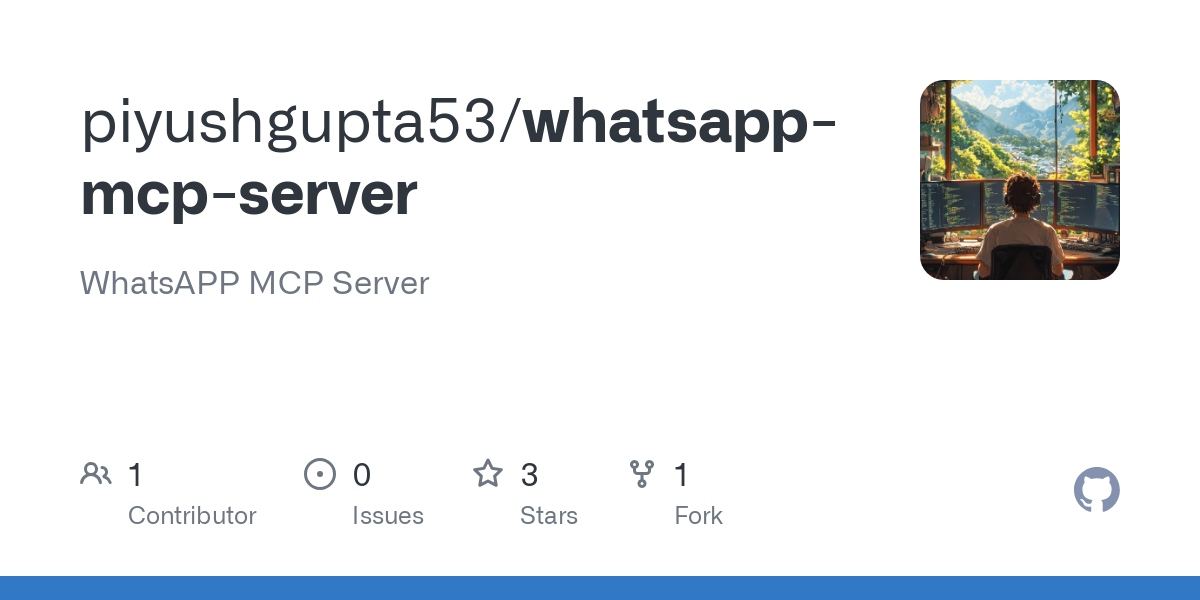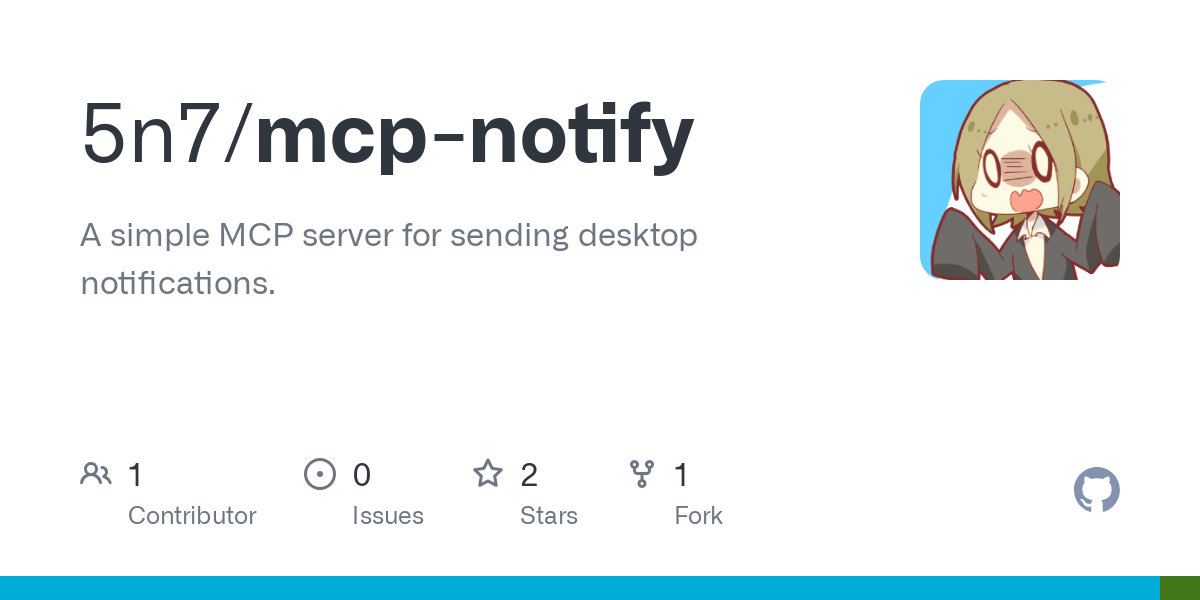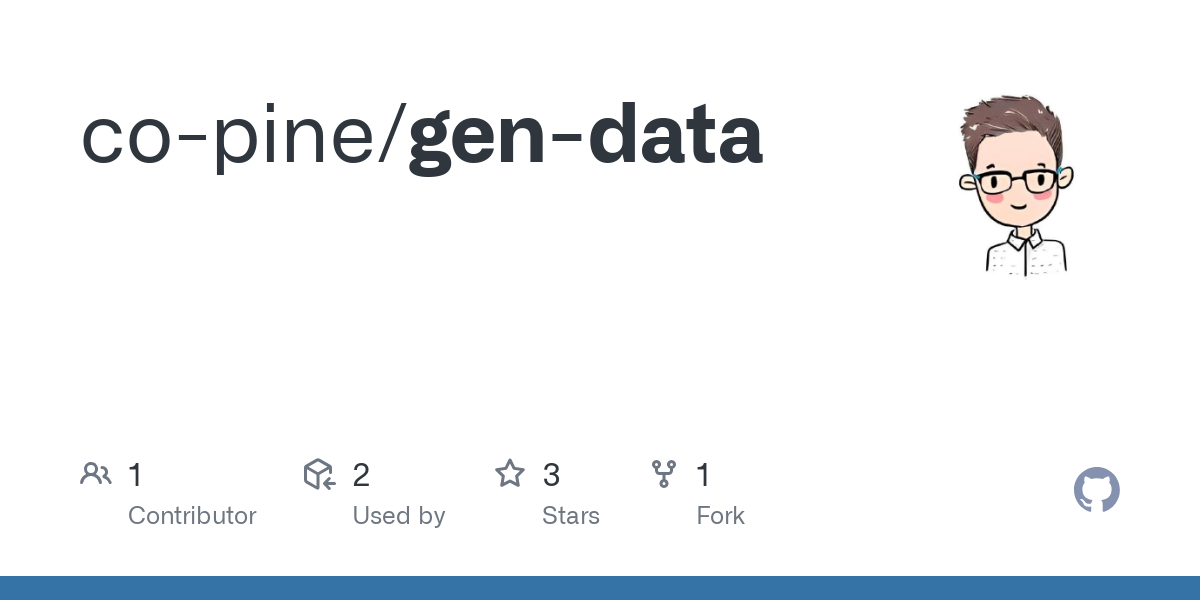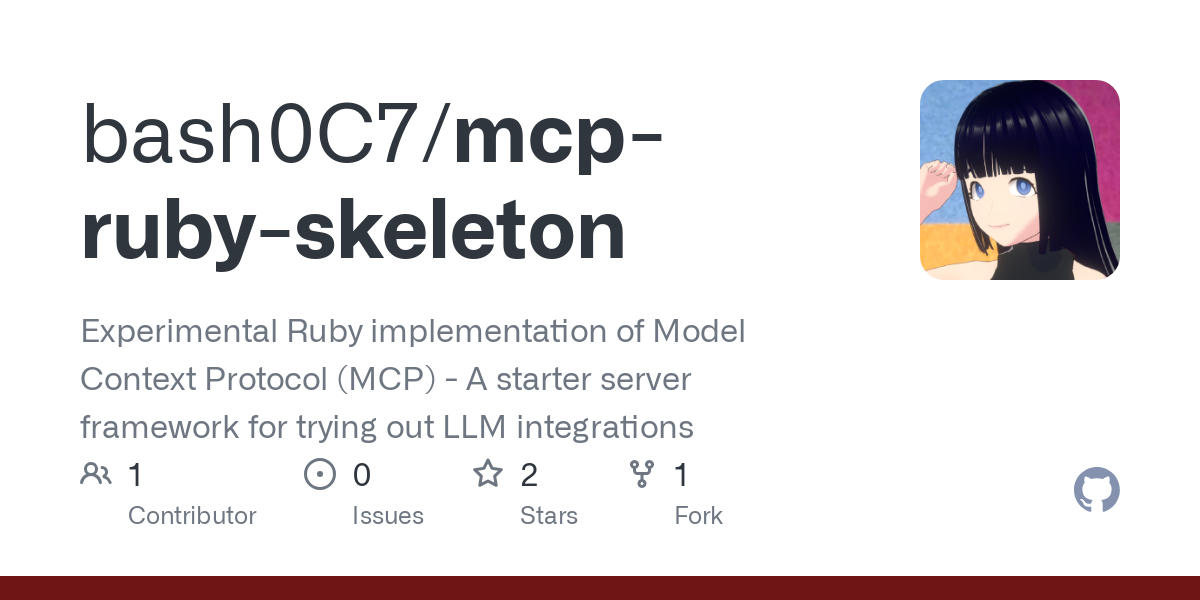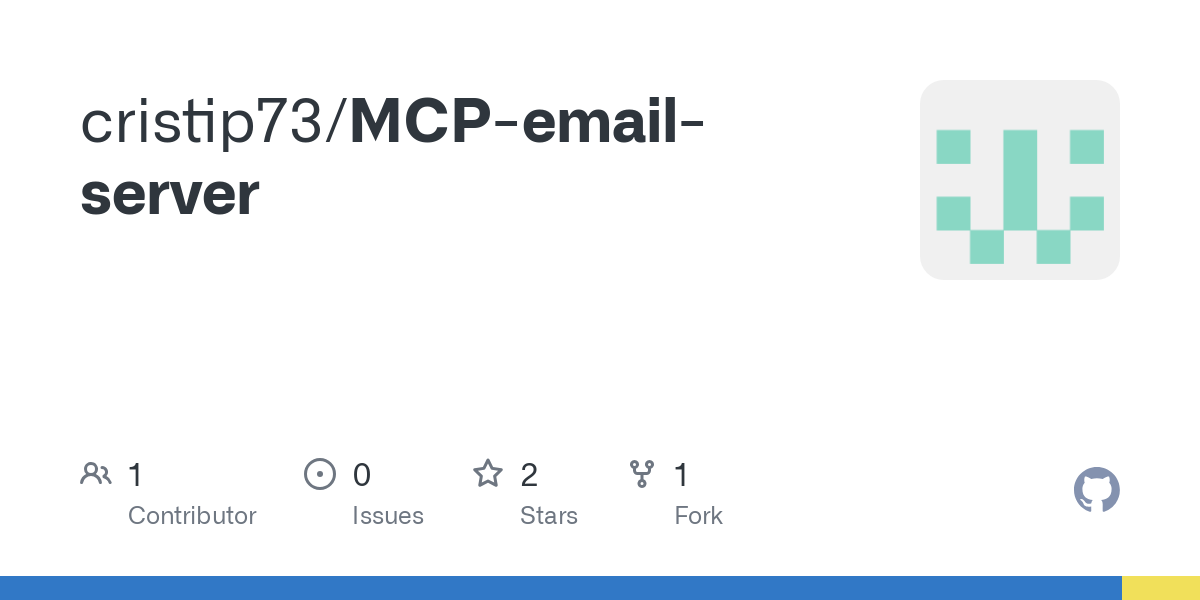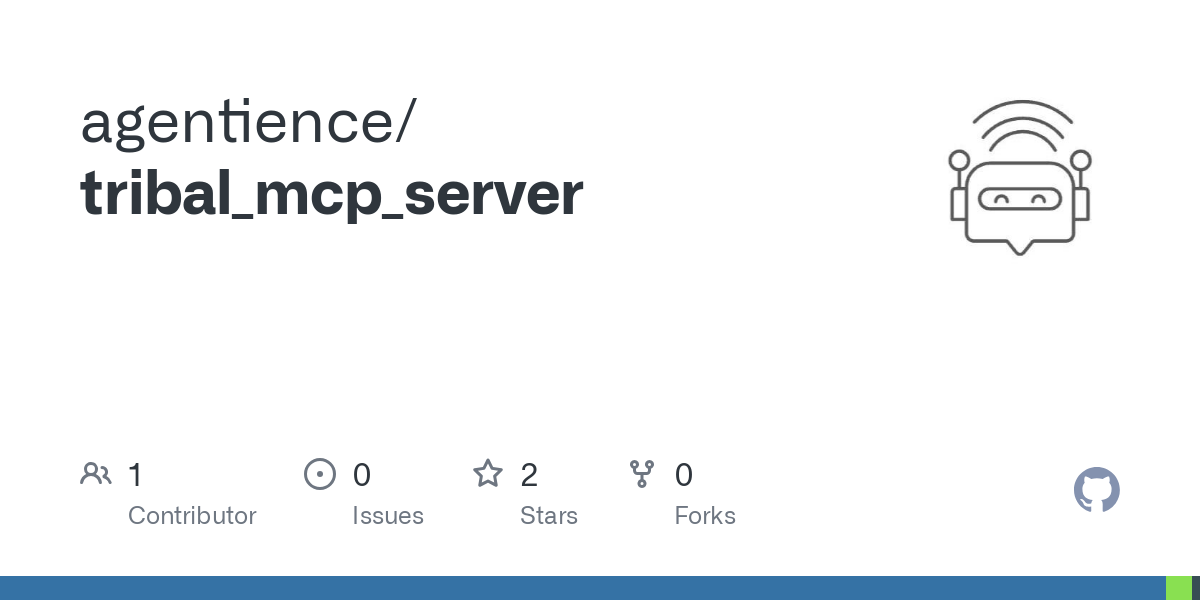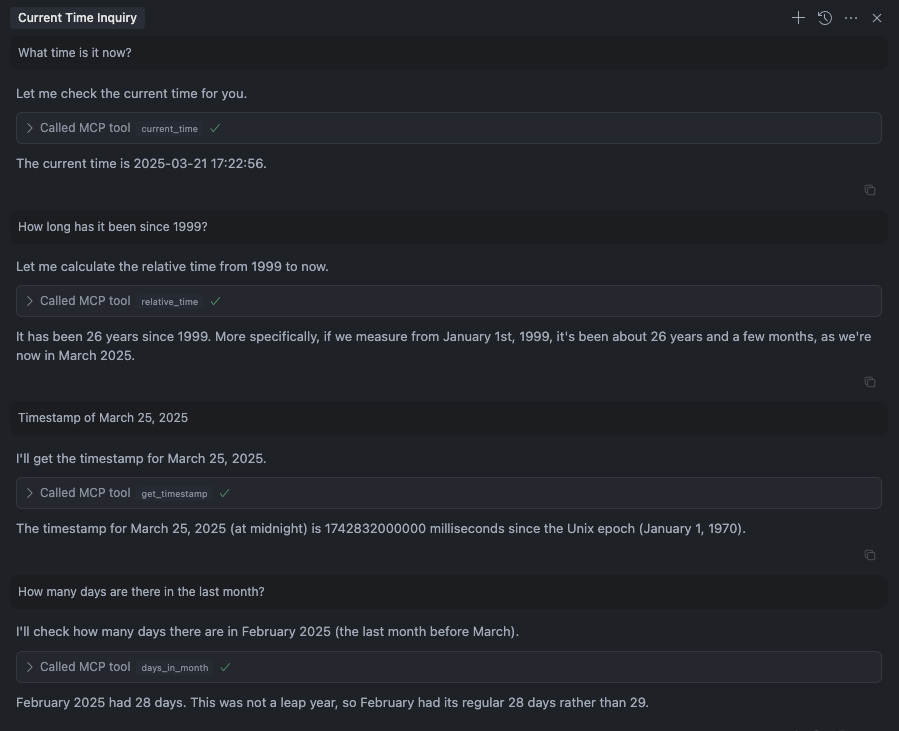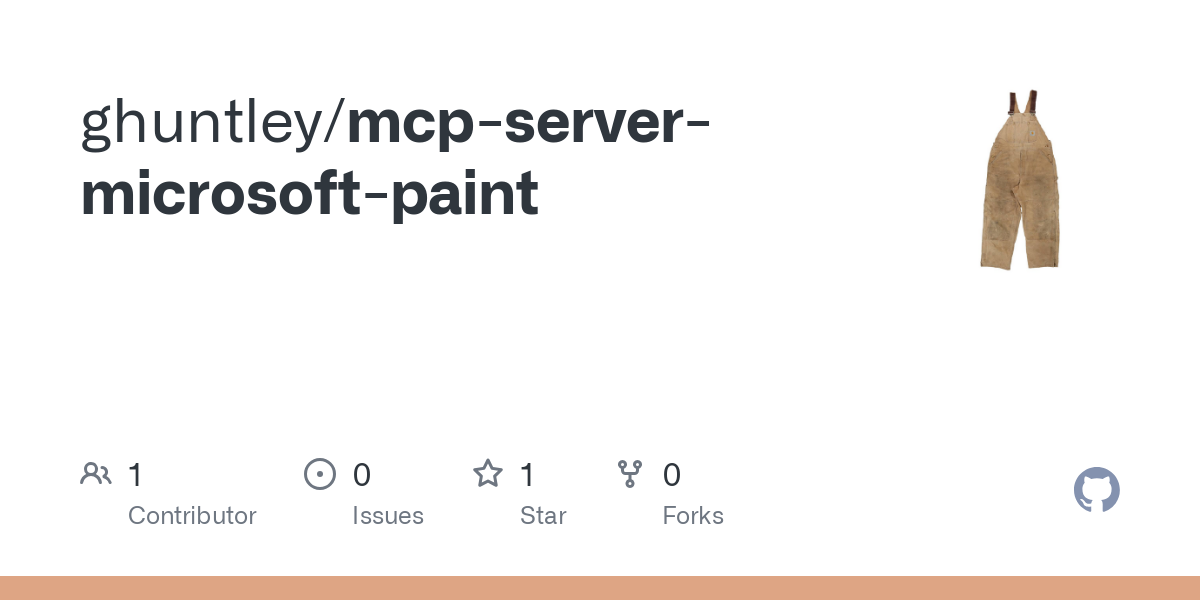All MCP Servers Complete list of MCP server implementations, sorted by stars
The MCP Email Server is designed to integrate with Claude, providing functionality for composing and sending emails, as well as searching for attachments within specified directories. It supports secure email transmission using SMTP and includes features like multiple recipients, attachment support, and pattern-based file searches. This server is particularly useful for enhancing the capabilities of language models in handling email-related tasks.
This project provides a boilerplate for building an MCP server in Node.js, enabling seamless integration with AI-assisted development environments such as Cursor AI. It includes tools for basic arithmetic and environment variable retrieval, demonstrating how to expose functionality to LLM-based IDEs. The server uses Zod for input validation and standard I/O transport for easy integration.
The Modal MCP Server is designed to facilitate interaction with Modal volumes and enable seamless deployment of Modal applications directly from Cursor. It supports operations such as listing volumes, managing files, and deploying applications, all while leveraging the `uv` package manager for dependency management. This server simplifies the workflow for developers using Modal and Cursor by providing a standardized interface for common tasks.
The Lark Bitable Integration via MCP Server allows users to access and interact with Lark Bitable tables through predefined tools. It supports operations like listing tables, describing table structures, and executing SQL queries. The server is designed for seamless integration with tools like Claude and Zed, providing a streamlined workflow for managing Bitable data.
The MCP Server Manager is a Python script designed to manage and configure multiple Model Context Protocol (MCP) servers. It supports both stdio and SSE server types, integrates with Supergateway for SSE server management, and provides features like port conflict detection, automatic server recovery, and background process management. It is particularly useful for developers working with AI tools like Cursor, enabling seamless integration and control over MCP servers.
This project implements a custom MCP (Model Context Protocol) server designed to fetch and provide real-time COVID-19 statistics for any country. It leverages the disease.sh API to expose a tool called `getCovidStatsByCountry`, which connects to an MCP host (e.g., Claude Desktop) to retrieve and return COVID-19 data. The server is built to facilitate easy access to up-to-date pandemic-related information.
FridayAI is an interactive gaming assistant designed to enhance the gaming experience by offering real-time information, quest tracking, and detailed game guides. It features an overlay with game data, interactive maps, an item database with search functionality, and multi-platform support. The application is built with PHP, JavaScript, and supports both SQLite and PostgreSQL databases.
This MCP server provides a standardized interface for interacting with WhatsApp through the GreenAPI service. It supports features like session management, message sending, group creation, and chat history retrieval. Built with TypeScript, it offers a robust and scalable solution for WhatsApp automation.
The Desktop Notification MCP Server is a lightweight implementation of the Model Context Protocol (MCP) designed to send desktop notifications. Currently, it supports macOS, with future releases planned to include Linux and Windows. It can be easily installed and configured to work with tools like Cursor, allowing users to receive notifications with customizable titles and messages.
UtilityBelt is a CLI tool that facilitates interaction with MCP (Model Context Protocol) endpoints, specifically tailored for CLI-based AI agents such as aider. It allows users to load aider with context on how to call tools on an MCP endpoint, providing command-line suggestions for available tools. This tool enhances the functionality of AI agents by enabling seamless integration with MCP services.
This project is a demo MCP server designed to generate MySQL test data, specifically for use in local development environments. It provides a simple and efficient way to create test datasets for MySQL databases, streamlining the development and testing process.
This project is a Ruby implementation of the Model Context Protocol (MCP) server, designed to facilitate the integration of tools with Large Language Models (LLMs) such as Claude. It provides a starter framework for developers to experiment with LLM integrations, featuring tools like random number generation, detailed logging, and JSON-RPC 2.0 compliant message handling. The server is compatible with the MCP protocol version 2024-11-05 and can be integrated with Claude Desktop for seamless tool execution.
The MCP-Go SDK provides the building blocks for implementing Model Communication Protocol (MCP) tools and servers. It includes a flexible transport layer, core tool interfaces, and response formatting, making it easy to create MCP-compliant services that integrate with AI applications such as Cursor IDE. The SDK also includes example servers and detailed documentation for quick setup and development.
This MCP server integrates Claude with Gmail, providing functionalities like sending emails, searching with advanced filters, and reading email content. It implements the Model Context Protocol to allow authenticated Gmail operations while maintaining security and privacy. The server supports features like draft management, label handling, and timezone-aware email operations, making it a powerful tool for Claude users.
Tribal is an MCP (Model Context Protocol) server designed to help Claude Code remember and learn from programming errors. It provides REST API and native MCP interfaces for storing, retrieving, and searching error records using vector similarity search with ChromaDB. Features include JWT authentication, AWS integration, Docker deployment, and CLI client support, making it a robust solution for building a personalized error knowledge base.
The Time MCP Server is a specialized implementation of the Model Context Protocol (MCP) designed to provide time awareness capabilities to large language models (LLMs). It offers tools such as fetching current time, relative time, timestamps, days in a month, and timezone conversions. This server enhances LLMs by integrating temporal context, making them more contextually aware and accurate in time-related tasks.
Paint MCP Server provides a HTTP API for applications to interact with Microsoft Paint programmatically. It allows drawing shapes, selecting tools, setting colors, and saving drawings. Built with Rust, it uses undocumented Windows APIs to simulate user inputs and control the Paint interface. This project is ideal for educational or experimental purposes but is not suitable for production due to its reliance on specific UI layouts and unsupported APIs.

